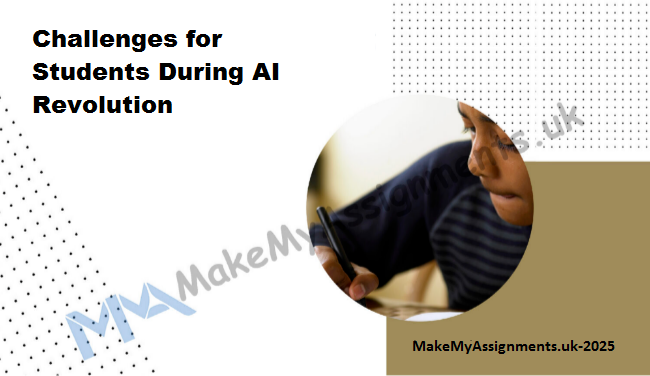
Exploring the Future of Academic Writing in the Age of Automation
In the rapidly evolving landscape of education and technology, the future of academic writing stands at the intersection of tradition and innovation. As automation continues to reshape various aspects of our lives, it inevitably leaves its mark on the academic sphere. In this extensive exploration, we delve into the implications of automation on academic writing, considering the opportunities, challenges, and the evolving role of scholars in this dynamic era.
I. The Current Landscape of Academic Writing: A Traditional Perspective
Before delving into the future, it’s crucial to understand the current state of academic writing. Traditionally, scholars have been accustomed to a manual, time-intensive process involving extensive research, critical thinking, and careful crafting of written arguments. The academic community places immense value on the uniqueness and originality of ideas, with each piece of writing acting as a contribution to the collective knowledge of humanity.
II. Automation in Academic Writing: Friend or Foe?
a. AI and Writing Assistance Tools:
One of the most notable advancements in recent years is the integration of artificial intelligence (AI) and writing assistance tools in academic writing. From grammar-checking software to advanced plagiarism detectors, these tools aim to streamline the writing process, providing real-time feedback and enhancing the overall quality of academic work. However, questions arise about the impact on creativity and the potential risk of over-reliance on such tools.
b. Automated Content Generation:
The rise of natural language processing (NLP) technologies has given birth to automated content generation tools. These tools can generate coherent and contextually relevant text based on input prompts. While this can significantly speed up the writing process, concerns arise regarding the authenticity of content and the potential for misuse.
III. Challenges and Concerns: Navigating the Ethical Dilemmas
a. Maintaining Academic Integrity:
The ease of access to automated tools raises concerns about academic integrity. How can institutions ensure that the work submitted truly reflects the students’ understanding and effort rather than being the product of a machine-generated algorithm?
b. Ethical Use of AI:
The ethical implications of using AI in academic writing extend beyond the classroom. What guidelines and regulations should be in place to ensure the responsible and ethical use of automation tools in research and publishing?
IV. Opportunities for Collaboration: Humans and Machines Working in Tandem
a. Enhancing Efficiency:
Automation has the potential to significantly increase the efficiency of academic writing. Scholars can leverage AI tools to handle routine tasks, allowing them to focus on higher-order thinking, analysis, and interpretation.
b. Cross-disciplinary Collaboration:
As AI becomes more integrated into academic writing processes, there is an opportunity for increased collaboration between experts in different fields. How can scholars from diverse disciplines come together to harness the power of automation for interdisciplinary research and writing?
V. Adapting Education: Preparing Writers for the Automated Future
a. Integrating Technology into Writing Pedagogy:
Educational institutions need to adapt their writing pedagogy to include training on the ethical and effective use of automation tools. How can educators strike a balance between traditional writing skills and proficiency in using AI for writing?
b. Fostering Critical Thinking:
Automation should not be a substitute for critical thinking skills. How can education systems emphasize the importance of critical analysis, problem-solving, and creativity in a world where automation plays an increasingly significant role?
VI. The Evolving Role of Scholars: Beyond Writing to Knowledge Curation
a. Curation of Knowledge:
As automation takes over certain aspects of writing, scholars may find themselves transitioning from creators of content to curators of knowledge. What does this shift mean for the role of academics in shaping the discourse within their respective fields?
b. Interdisciplinary Exploration:
The integration of automation tools encourages scholars to explore interdisciplinary connections. How can scholars from different disciplines collaborate to leverage automation for innovative research and writing projects?
In this extensive exploration of the future of academic writing in the age of automation, it becomes evident that we stand at a crossroads. The integration of AI and automation tools presents both opportunities and challenges for the academic community. As we navigate this complex landscape, it is essential to strike a balance between harnessing the benefits of automation and preserving the core values of academic integrity, critical thinking, and creativity. The future of academic writing is not about man versus machine but rather about the harmonious collaboration between the two, pushing the boundaries of knowledge and innovation.




This Post Has 0 Comments